SCIENCE
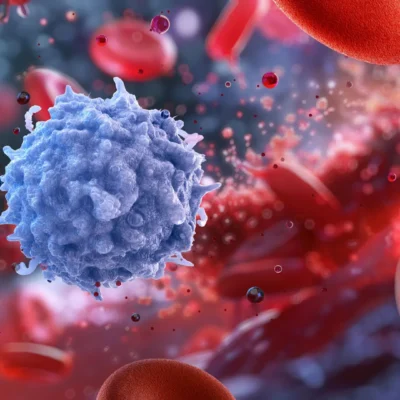
A deadly virus no one talks about — and the HIV drugs that might stop it
- By Neclink.com
- . July 24, 2025
Around 10 million people globally live with the life-threatening virus HTLV-1. Yet it remains a poorly understood disease that currently has no preventative treatments and
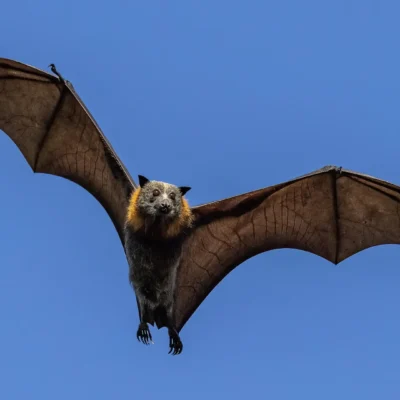
Teen bats are spawning new viruses—here’s why scientists are paying close attention
- By Neclink.com
- . July 23, 2025
New research by the University of Sydney offers important insights into how and when new coronavirus variants arise in bats. Bats are beneficial to our
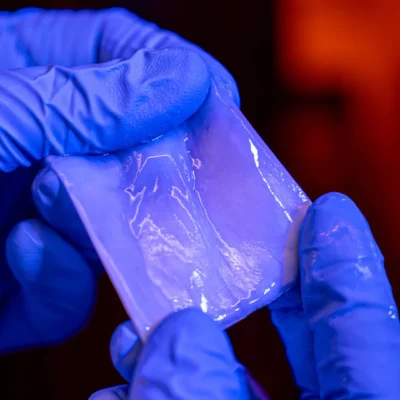
Goodbye plastic? Scientists create new supermaterial that outperforms metals and glass
- By Neclink.com
- . July 22, 2025
Scientists at Rice University and University of Houston have developed an innovative, scalable approach to engineer bacterial cellulose into high-strength, multifunctional materials. The study, published

A strange fossil at the edge of the solar system just shook up Planet Nine theories
- By Neclink.com
- . July 21, 2025
Subaru Telescope has made an exciting discovery: a small body beyond Pluto, with implications for the formation, evolution, and current structure of the outer Solar
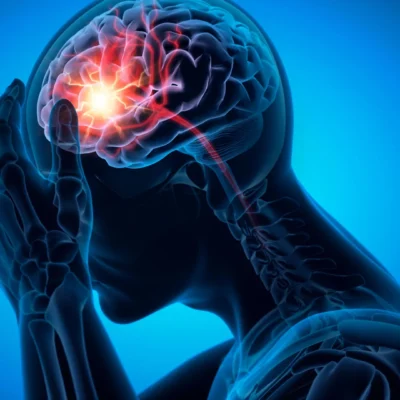
Popular sugar substitute linked to brain cell damage and stroke risk
- By Neclink.com
- . July 20, 2025
From low-carb ice cream to keto protein bars to “sugar-free” soda, the decades-old sweetener erythritol is everywhere. But new University of Colorado Boulder research shows

Do dogs know who’s kind? Scientists put it to the test—and got a surprise
- By Neclink.com
- . July 19, 2025
Kyoto, Japan — Many people tend to trust dogs’ instincts regarding humans. If dogs gravitate towards you, dog lovers will likely see you as safe
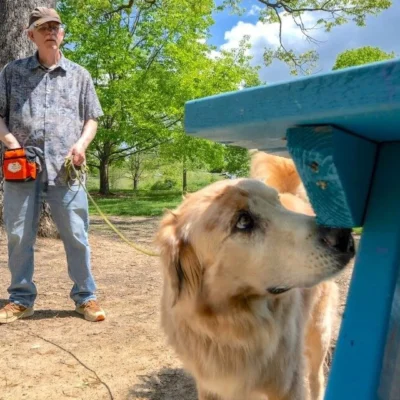
These dogs are trained to sniff out an invasive insect—and they’re shockingly good at it
- By Neclink.com
- . July 18, 2025
Imagine if your dog’s favorite game — sniffing out treats or toys — could help protect America’s vineyards, orchards, and forests from a devastating invader.
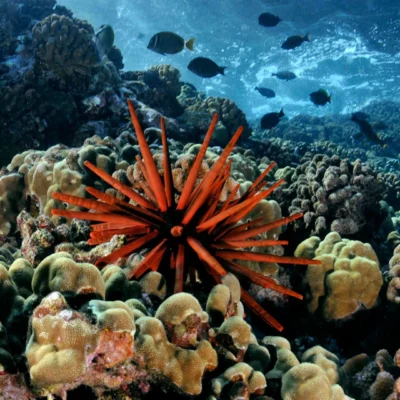
Corals in crisis: A hidden chemical shift is reshaping Hawaiian reefs
- By Neclink.com
- . July 17, 2025
Across the globe, oceans are acidifying as they absorb carbon dioxide from the atmosphere, threatening coral reefs and many other marine organisms. A new study,
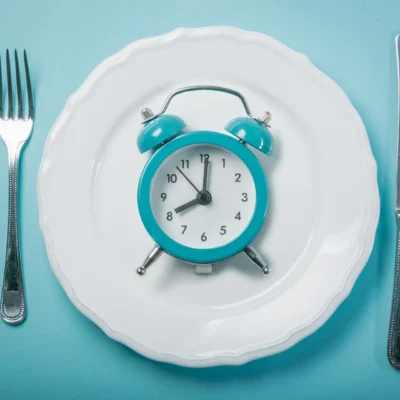
Fasting twice a week could be a game-changer for type 2 diabetes
- By Neclink.com
- . July 16, 2025
Intermittent energy restriction, time-restricted eating and continuous energy restriction can all improve blood sugar levels and body weight in people with obesity and type 2
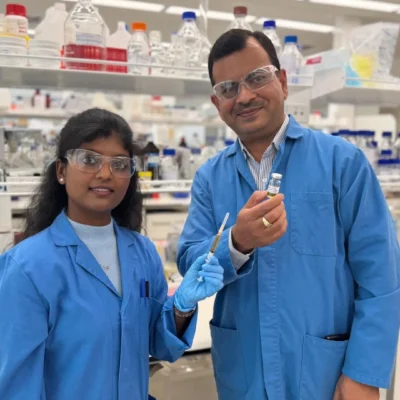
One shot, seven days: Long-acting levodopa gel tackles Parkinson’s tremors
- By Neclink.com
- . July 15, 2025
A new weekly injectable drug could transform the lives of more than eight million people living with Parkinson’s disease, potentially replacing the need for multiple
